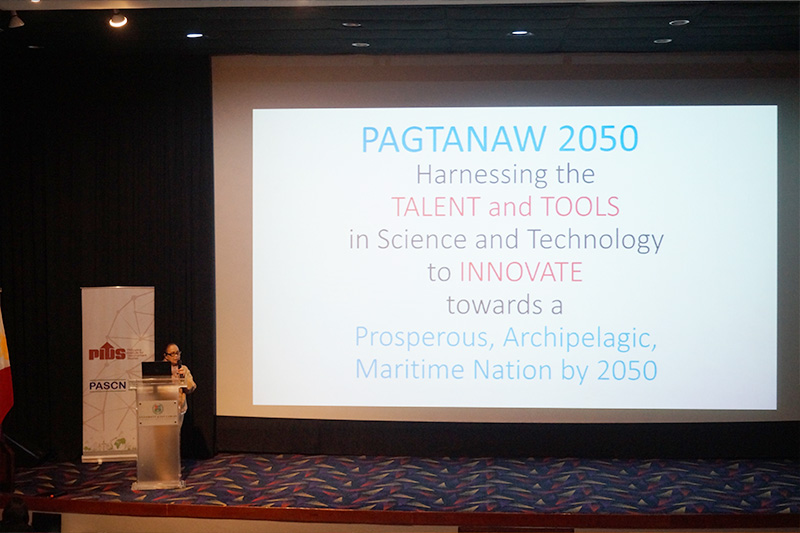CEBU, Philippines - Freeing the Small and Medium Entrepreneurs (SMEs) from its limitations and recognizing the role of public goods in alleviating poverty, should be pushed by both national government and APEC level advocacies.
This is the recommendation made by Philippine Institute for Development Studies (PIDS) consultant Leonardo A. Lanzona, Jr. based on his latest study, which confirmed the role of social enterprise business model in empowering SMEs to sustain economic development.
Lanzona said although several policies in both national government and APEC levels aim to inflate the assistance for small and medium entrepreneurs, the role of public goods in reducing poverty is absent and freeing SMEs from its limitations are largely absent.
The economic expert suggested that APEC must encourage and work to promote social enterprises by forming global value chains across its member economies.
NGOs can also play a role by helping link social enterprises into these chains.
The idea is to support social enterprises, move them out of poverty, and encourage them to provide public goods in the economic community, and thereby truly enhance SME performance, stressed Lanzona.
If anything must be addressed, it is fundamental problems like poverty, and therein social enterprises can play a huge role.
"Poverty itself constrains these SMEs from achieving their full potential in terms of their access to better technology and quality of inputs," emphasized Lanzona in his paper.
Consequently, he strongly recommended that direct interventions of poverty reduction in the form of public goods are expected to support SMEs and to raise growth.
Social enterprises are inherently advantageous because they are able to generate employment, through nongovernment organizations and community institutions, for people in the most vulnerable positions. Social enterprises are organizations that employ commercial strategies to achieve ends of developing and improving human life and environmental well-being.
Some of these public goods include social protection, business opportunities, education, electricity, health, sanitation, and water. The common assumption is that these are the government’s responsibility to provide.
Social enterprises operate in markets in order to address social needs and reduce inequality, recognizing that this has value.
While there is strong belief on the ability of SMEs to sustain economic growth, Lanzona demonstrates the problem in focusing the breadth of policymaking on the three main arguments for SME empowerment ---that they enhance competition and entrepreneurship; that their productivity is potentially bigger than large firms but is often held back by financial markets and institutional failures; and that their ability to increase employment and alleviate poverty is greater than that of larger firms.
Creating policies that are based on overstating the cause of SMEs and tailoring policymaking to decrease the costs of doing business solely for the sake of SMEs may result in efficiency. (FREEMAN)












